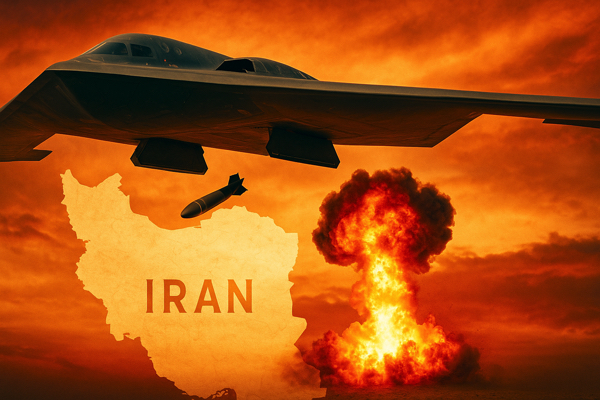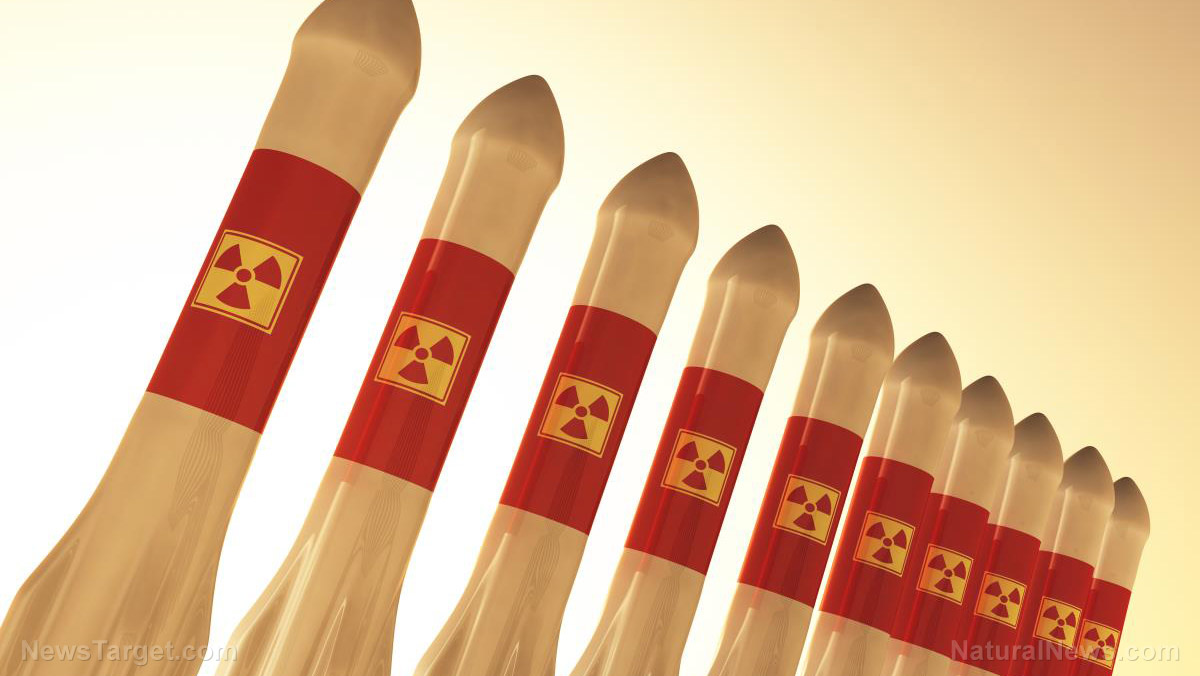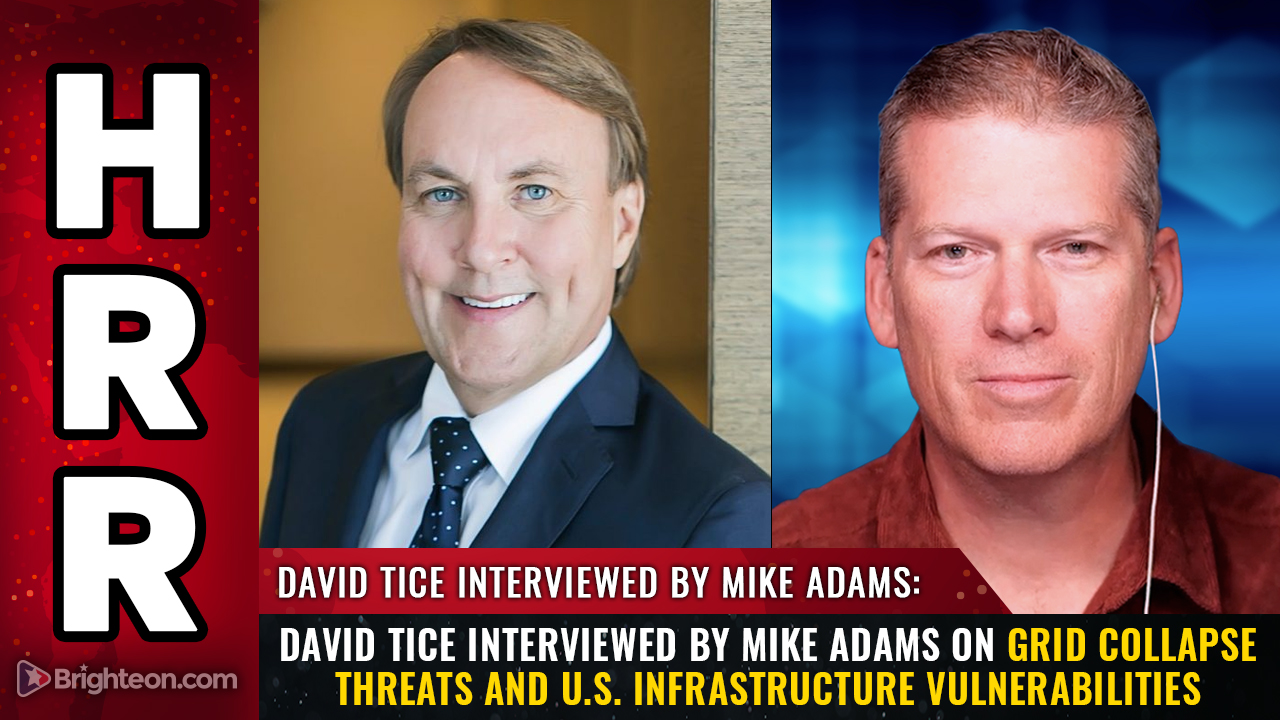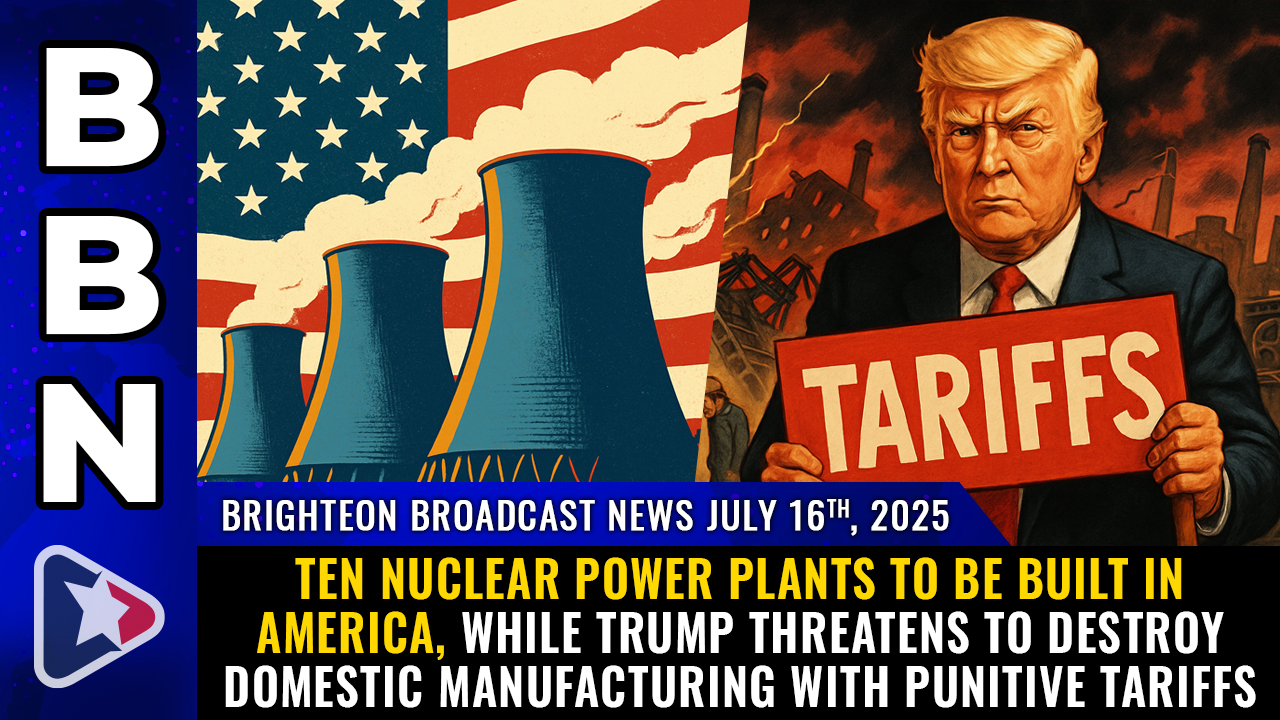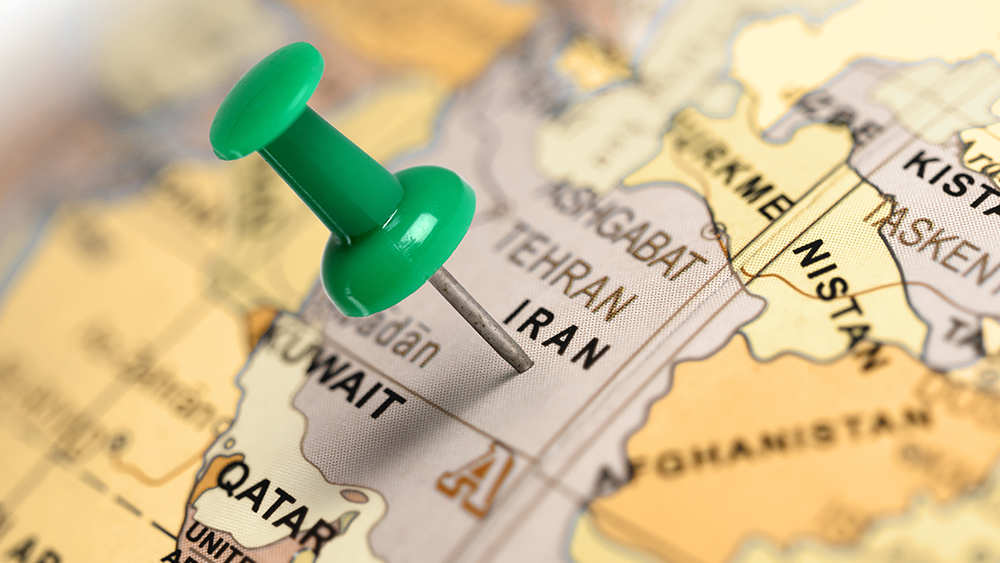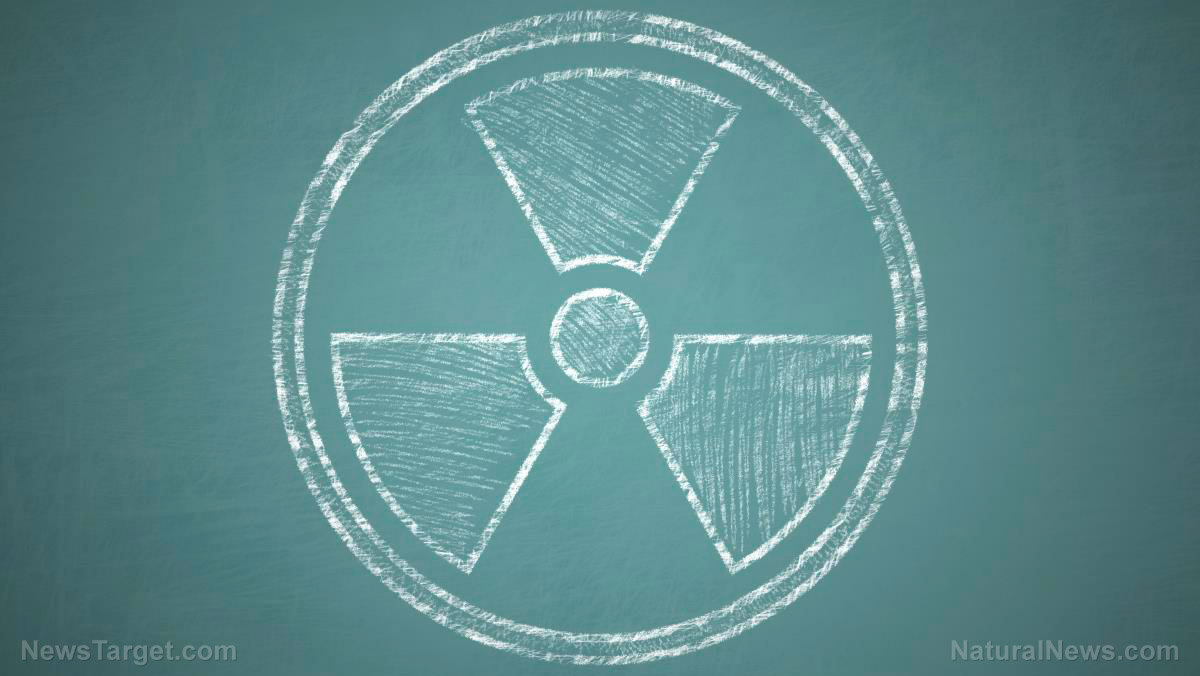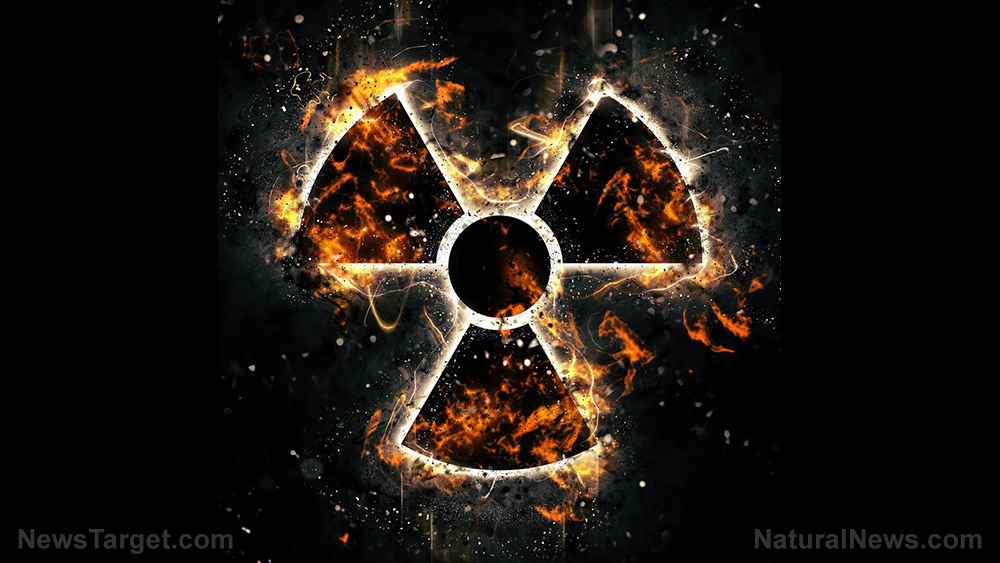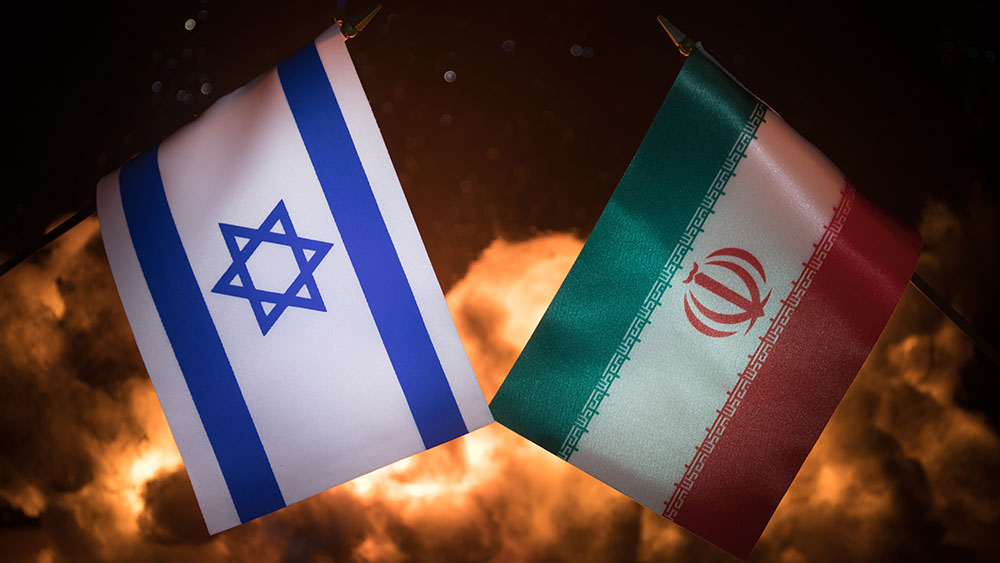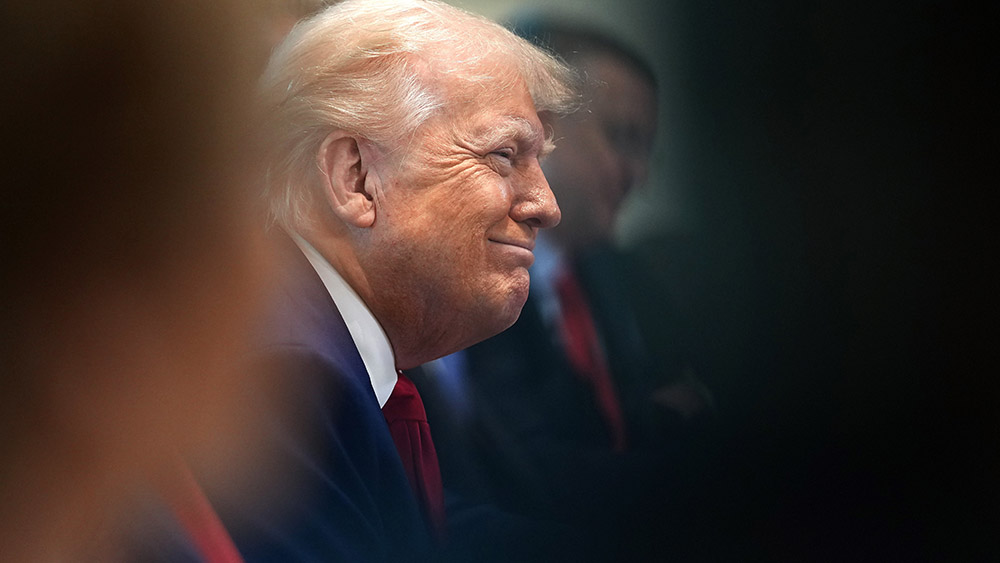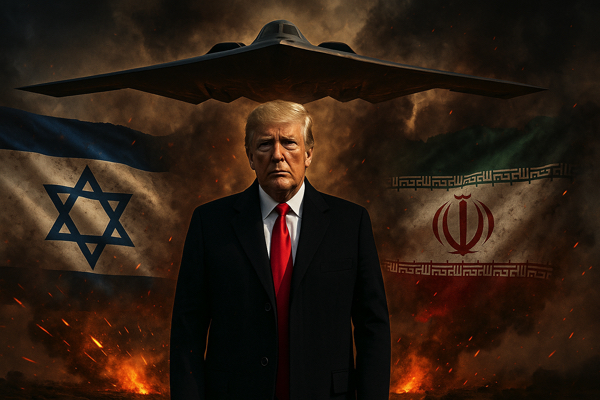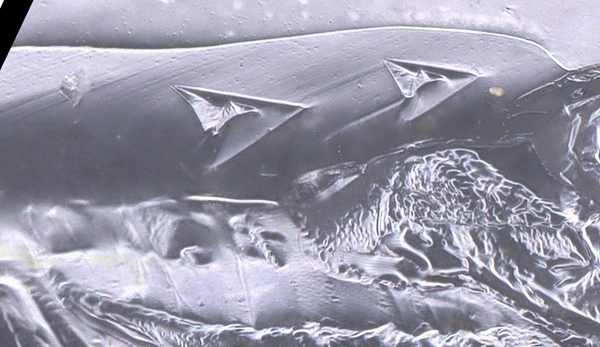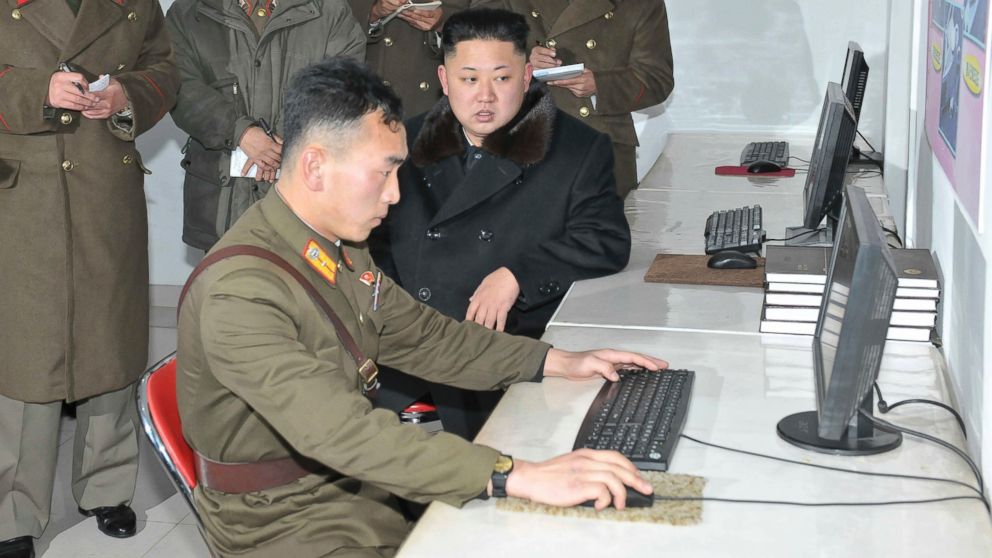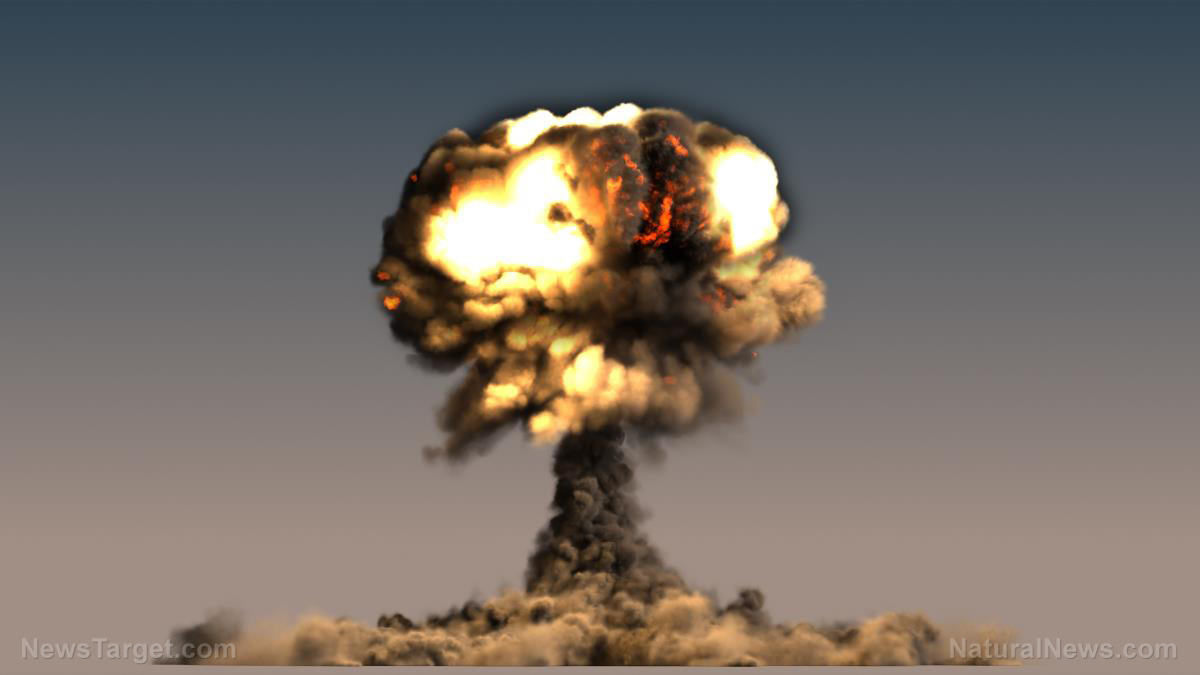Iranian lawmaker warns: Tehran ready to exit nuclear treaty if Western powers reimpose sanctions
07/23/2025 / By Zoey Sky
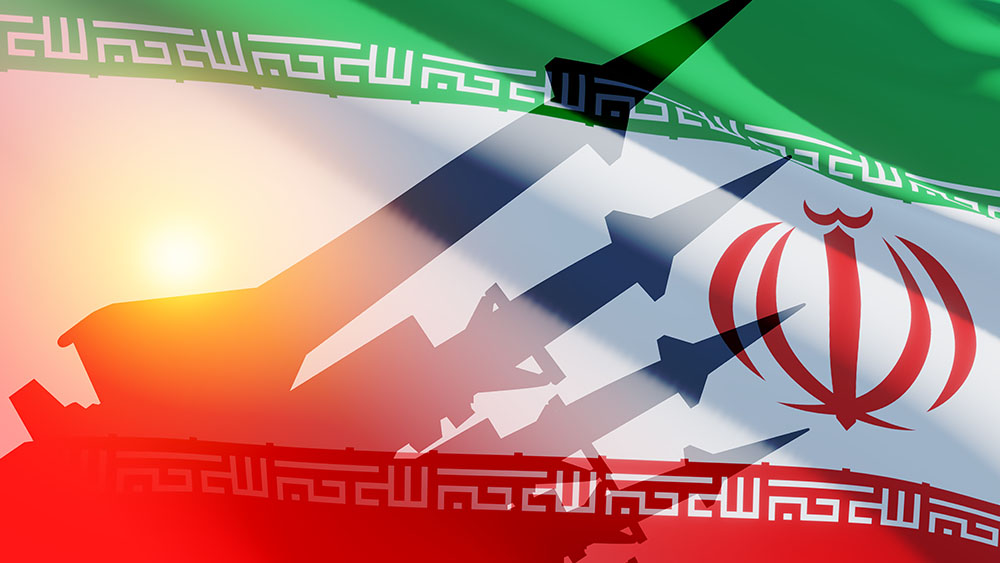
- Iran is prepared to withdraw from the NPT if the U.K., France and Germany trigger a sanctions snapback. This move would remove international restrictions on Iran’s uranium enrichment activities.
- If Iran exits the NPT, it could enrich uranium to 90 percent purity, produce and export advanced centrifuges and ignore inspections by the International Atomic Energy Agency (IAEA). These actions would bring Iran closer to producing a nuclear weapon and further destabilize the Middle East.
- Iran believes it has little to lose due to the crippling sanctions imposed after the U.S. withdrew from the 2015 Joint Comprehensive Plan of Action (JCPOA). The sanctions have severely damaged Iran’s economy, leading to hyperinflation, mass unemployment and widespread protests.
- Despite the tough rhetoric, Iran’s political establishment is deeply concerned about the consequences of leaving the NPT. These include the risk of military confrontation with Israel and the U.S., diplomatic isolation and increased domestic unrest.
- The E3 (France, Germany and the U.K.) have threatened to trigger the snapback mechanism unless Iran returns to nuclear talks. Iran dismisses this as legally void after U.S.-Israeli airstrikes on its nuclear facilities. Iranian Foreign Minister Abbas Araghchi criticized the E3 for their “worn-out policies of threat and pressure.”
Iran could abandon a key global nuclear weapons treaty and ramp up uranium enrichment if Western powers reimpose sanctions, a senior Iranian lawmaker has warned, signaling a dangerous escalation in the already volatile standoff over the country’s nuclear program.
Ebrahim Rezaei, spokesman for the Iranian Parliament’s National Security and Foreign Policy Commission, issued the stark warning over the weekend, declaring that Tehran has “strategic options” ready, including leaving the Treaty on the Non-Proliferation of Nuclear Weapons (NPT), if the U.K., France and Germany follow through on threats to trigger a sanctions snapback.
The move would mark a major turning point in Iran’s nuclear ambitions, potentially pushing the country closer to weapons-grade uranium production and further destabilizing an already tense Middle East.
Why Iran might withdraw from NPT
The NPT, signed by 191 countries, is one of the world’s most critical arms control agreements. It aims to prevent the spread of nuclear weapons while allowing peaceful nuclear energy development.
Only a handful of nations, including Israel, India and Pakistan, have never joined, while North Korea famously withdrew in 2003.
Rezaei’s warning suggests Iran is prepared to follow Pyongyang’s path if pushed. He argued that Western sanctions, particularly those linked to the 2015 Joint Comprehensive Plan of Action (JCPOA), have already crippled Iran’s economy, leaving little incentive to remain compliant.
“Sanctions reimposed after the U.S. quit the JCPOA were maximum and comprehensive,” explained Rezaei. He added that the activation of this mechanism “will not meaningfully change the country’s situation.”
In other words, Iran believes it has nothing left to lose. (Related: Seven illegals, including five Iranians, arrested at the northern border.)
If Tehran exits the NPT, it would no longer be bound by international restrictions on uranium enrichment. Rezaei suggested Iran could then:
- Enrich uranium to 90 percent purity, the level needed for a nuclear bomb. Currently, Iran enriches up to 60 percent, already far beyond the 3.67 percent limit set by the JCPOA.
- Produce and export advanced centrifuges, accelerating its nuclear program and potentially sharing technology with allies.
- Ignore inspections by the International Atomic Energy Agency (IAEA), making its nuclear activities even more opaque.
Such moves would almost certainly provoke a harsh response from the U.S. and Israel, both of which have repeatedly warned they will not allow Iran to obtain a nuclear weapon.
Potential repercussions for Iran
Despite his tough rhetoric, Rezaei’s warnings reveal deep concerns within Iran’s political establishment.
Economic collapse: Sanctions have already devastated Iran’s economy, causing hyperinflation, mass unemployment and widespread protests. A full snapback would make recovery nearly impossible.
Military escalation: If Iran exits the NPT, it risks direct military confrontation with Israel and the U.S., both of which have previously struck Iranian nuclear sites.
Diplomatic isolation: Leaving the NPT would alienate even sympathetic nations like Russia and China, who have supported Iran at the United Nations (UN) but may not back a full nuclear breakout.
Domestic unrest: The Iranian public, already suffering under sanctions, may blame the government for further isolating the country.
Rezaei’s comments come after France, Germany and the U.K. (the E3) issued a joint statement on July 17, threatening to trigger the snapback mechanism by late August unless Iran returns to nuclear talks.
The snapback would automatically restore all pre-2015 UN sanctions within 30 days, which is a move Iran dismisses as legally void after U.S.-Israeli airstrikes destroyed key nuclear facilities like Natanz and Fordow.
Iranian Foreign Minister Abbas Araghchi blasted the E3’s “worn-out policies of threat and pressure,” arguing that the West lost its moral authority to enforce the JCPOA after failing to condemn the attacks.
Israel and the U.S. push harder
Meanwhile, Israel has ramped up its rhetoric, with UN Ambassador Danny Danon accusing Iran of using negotiations as a “delay tactic” while also advancing its nuclear program.
The U.S., though officially denying that it seeks regime change, has left the door open to further military action. Former President Donald Trump recently hinted at broader measures, including possible government overthrow, a stance that could push Tehran toward even more extreme measures.
With talks stalled and both sides refusing to back down, the risk of a full-blown crisis is growing. If Europe triggers snapback, Iran may follow through on its NPT exit threat.
If Iran enriches uranium to 90 percent, Israel or the U.S. could launch preemptive strikes. And if sanctions remain, Iran’s economy will continue to crumble, increasing domestic instability.
For now, the world waits nervously as Tehran and the West barrel toward another dangerous showdown, one that could redefine the future of nuclear nonproliferation in the Middle East.
Visit WWIII.news for more updates about ongoing international conflicts.
Watch the full video below of “Health Ranger Report” with Mike Adams about hybrid drone warfare that makes it easier to carry out terrorism and sabotage attacks.
This video is from the Health Ranger Report channel on Brighteon.com.
More related stories:
Report: Iran has secretly elected its next supreme leader.
U.S. retaliates against Mexico with new flight restrictions amid aviation dispute.
Humanitarian aid from hell: The extermination of Palestinians is being disguised as help.
Sources include:
Submit a correction >>
Tagged Under:
big government, chaos, dangerous, insanity, Iran, Israel, military tech, national security, NPT, nuclear war, nuclear weapons, nuclear weapons treaty, peace talks, politics, Resist, revolt, terrorism, uprising, weapons technology, Western sanctions, World War III
This article may contain statements that reflect the opinion of the author
RECENT NEWS & ARTICLES
COPYRIGHT © 2017 NUCLEAR NEWS


